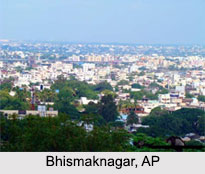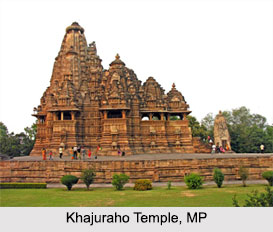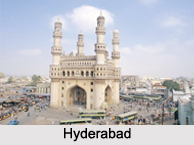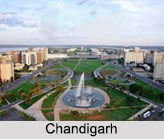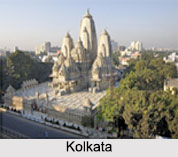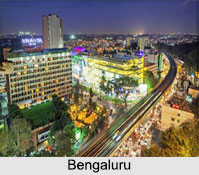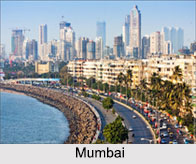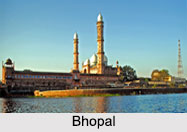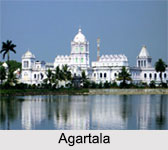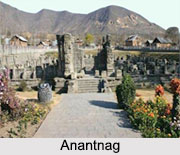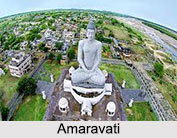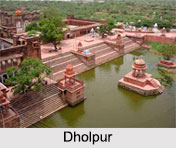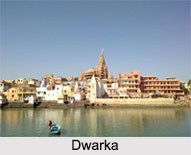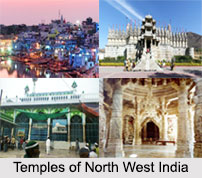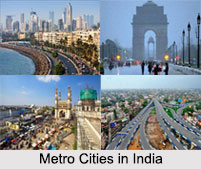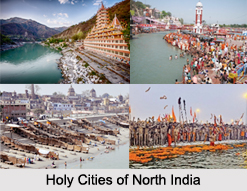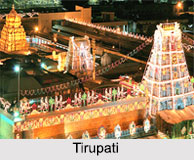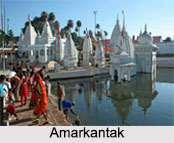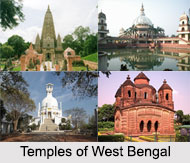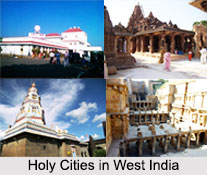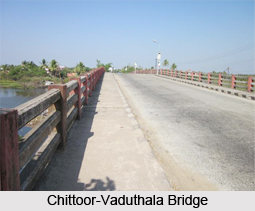 Vaduthala is a town of the city of Kochi in the Indian states of Kerala. Vaduthala is centred with backwaters, temples, mosques and church which attracts the tourists as it is a peaceful zone in Kochi. Kochi is one of the most visited backwater destinations. Kochi port, which is very near to Vaduthala is famous for its spices, exported to the west from ancient times to the present day. Chinese fishing nets are used here for fishing.
Vaduthala is a town of the city of Kochi in the Indian states of Kerala. Vaduthala is centred with backwaters, temples, mosques and church which attracts the tourists as it is a peaceful zone in Kochi. Kochi is one of the most visited backwater destinations. Kochi port, which is very near to Vaduthala is famous for its spices, exported to the west from ancient times to the present day. Chinese fishing nets are used here for fishing.
Location of Vaduthala
Vaduthala is between Pachalam and Chittoor on Chittoor Road. Elamakkara is located towards its east and Mulavukad on its west.
Administration of Vaduthala
Vaduthala is a suburb within Cochin Corporation lying on either side of the Chittoor Road (North part) between Pachalam and South Chittoor. Vaduthala was a municipality under the Government of Kerala, before merging with Kochi. A zonal office of the Corporation of Cochin operates there.
Education of Vaduthala
In Vaduthala, there are several educational institutions such as Chinmaya Vidyalaya, Don Bosco School and Archbishop Attipety School operate there. The nearest hospital is Lourdes Hospital. Some locals left due to the arrival of peoples from other parts of the state.
Tourism of Vaduthala
Vaduthala has a procession of backwaters along its length with the highway connected with the other states of India. It is one of the most peaceful places in Cochin and a source of livelihood for a number of fishermen living here. Vaduthala has the temples, mosques and a church. Matancherry Palace, Jewish Synagogue, Kochi Fort which is built by the Dutch and St Francis Church are popular tourist attractions in Kochi. These are commonly visited by tourists on Kerala backwater tourism (Kerala Backwaters Destinations). Vaduthala here acts as a connecting point for Kerala Backwaters Tourism (Backwaters in Kerala). Chinese Fishing Nets in Kochi Harbour, St Francis Church are also connected from here.
Visiting Information
There is a railway line connecting the international shipping terminal to the airport is planned to pass through Vaduthala. A single main road leads to Vaduthala. Don Bosco school conducts an annual fair. Vaduthala is connected by Chittoor Road from Ernakulam town. It is straddled by Cochin backwaters on one side and Elamakkara- Perandur Canal on the other side with the Ernakulam-Alwaye railway line passing right through it.
